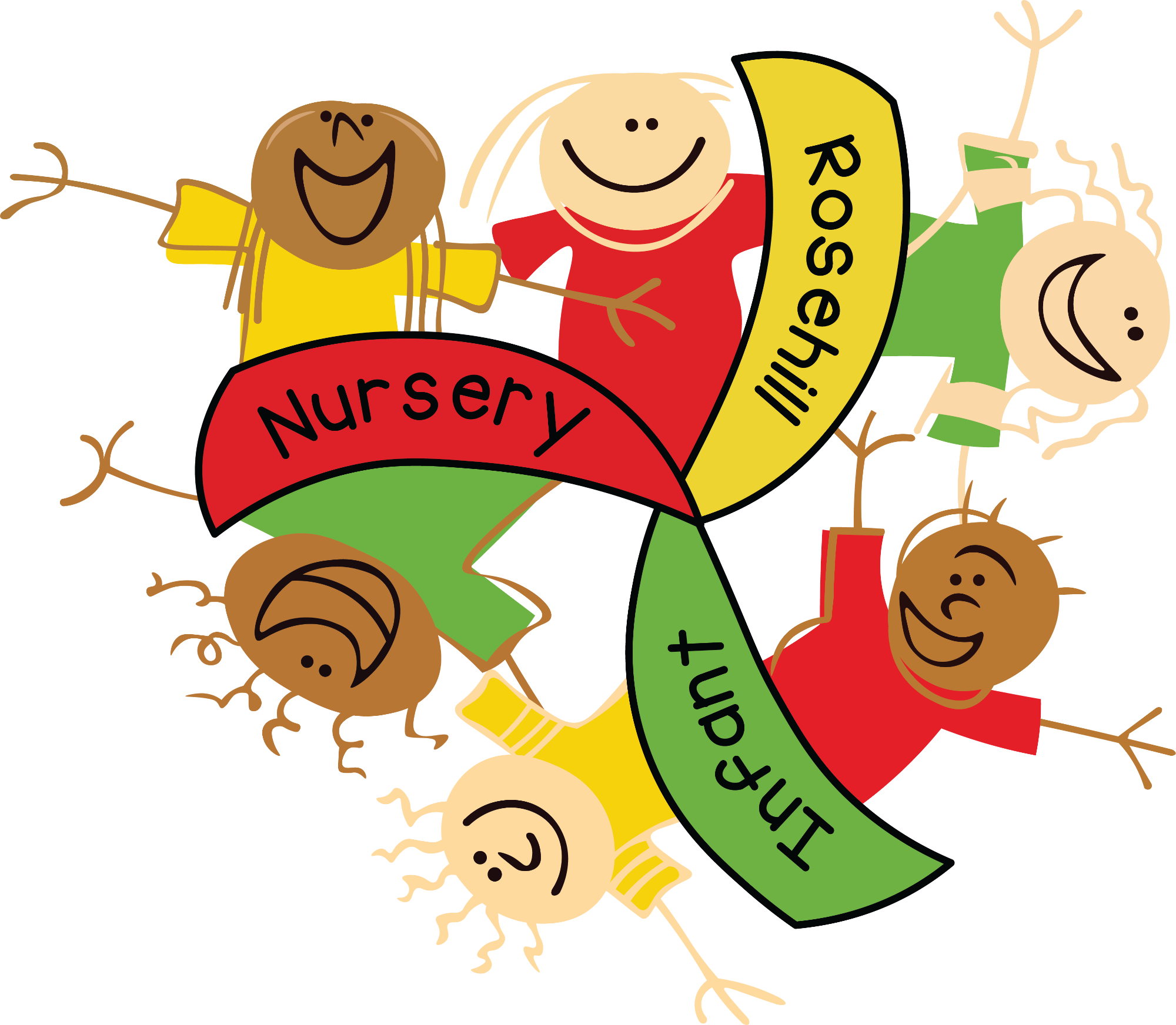Writing
The list below shows the ten key points about how we approach writing for year 2 children at school, many of which you can support with at home too!
INTERESTING THEM!
Make writing relevant for children – write about real experiences or link to a topic they are interested in. Bookmaking is super!
READING
Read lots of high quality texts in a range of genre e.g. fiction, instructions, explanations, information, diary, poetry, letters, reports and recounts. They will replicate some of the super features in their own writing.
SPEAKING AND LISTENING
Speaking and listening is key, at school we use many drama techniques and talk partners to support the development of ideas.
VCOP – enhance writing by focusing on these elements:
-
Vocabulary (WOW words/phrases)
-
Punctuation (A . , ! ? “ ”…
-
Openers (Exciting ways to start sentences)
-
Connectives (Words to join sentences/ideas e.g. first, next, then, and, but, so, because etc)
-
SPELLING
Spellings – using phonics knowledge and patterns as well as high frequency words, only pick up on a few at a time (we use a maximum of 3) and start with words children will use more regularly. Games and investigating spelling patterns, as well as lots of exposure to key words will help embed spellings, rather than learning lists by rote.
-
HANDWRITING
Practise in many exciting ways e.g. outside in chalk or sand, using paint
In Key Stage 1, children should be forming letters correctly, sizing them appropriately and placing letters correctly on lines (decenders e.g. g, y have tails below the line). We use the cursive letter formation, starting in Year 1, to aid with the joining process in Year 2 – an objective on the new National Curriculum
-
TARGETS.
It is important that children know what their targets are and how they can improve their writing. Next step responses from the children are usually very important to ensure that they have no misconceptions and to ensure that they undersand why they made mistakes.
-
SELF ASSESSMENT
Children need to be able to check, edit and improve their own writing. We always encourage children to take ownership of self assessmennt and learn from young age how to evaluate their work and peers work.
-
Adult modelling
We support children with writing by building up to longer writing through many smaller activities. We model each activity to children and do shared writing that gives them ideas and confidence before writing on their own. We scaffold children in many ways, using sentence starters, picture cues, word banks, drama and so on, so that they do not feel worried when writing on their own.
It is important children see adults undertaking the writing process too!
-
CONFIDENCE AND INDEPENDENCE
Encourage them to be as independent as possible – not to be afraid of making mistakes.
Praise, Praise, Praise! Encourage and praise children as much as possible for any writing they do. Encourage them to share their writing with others to give them a greater sense of purpose. Display their writing to celebrate their successes.
